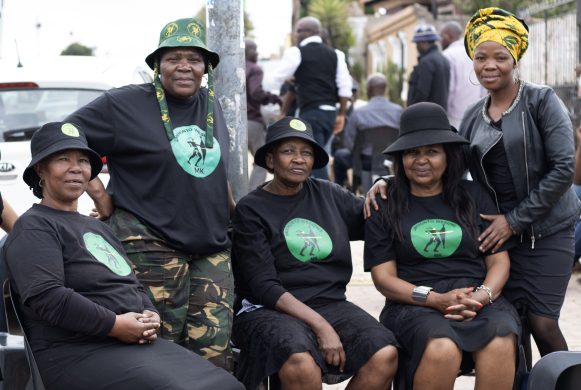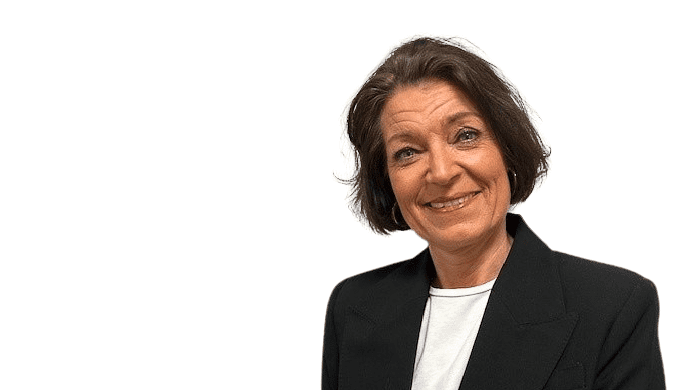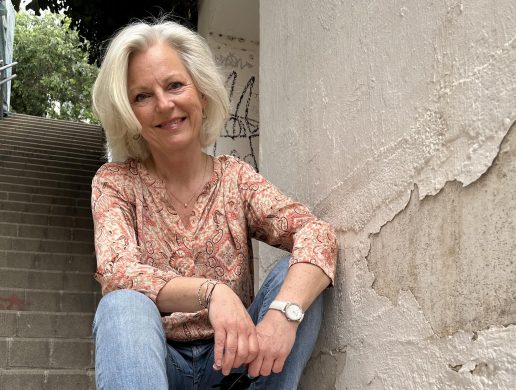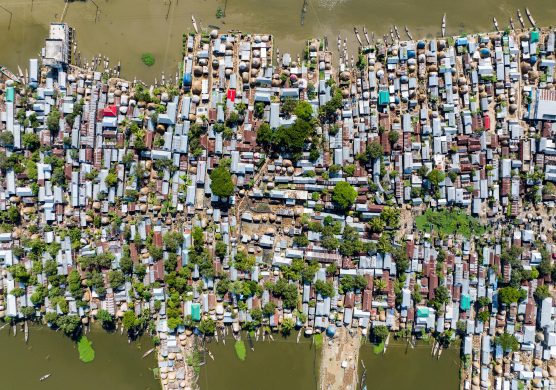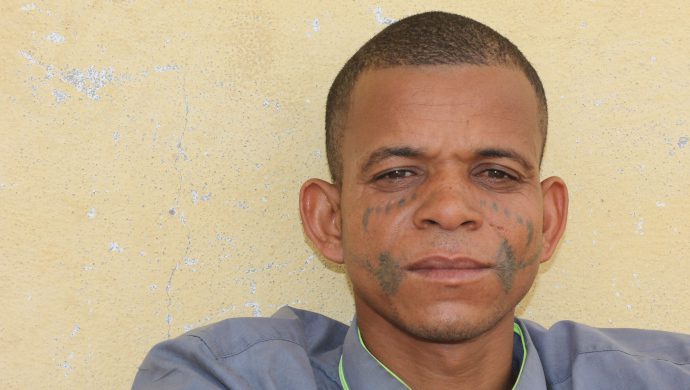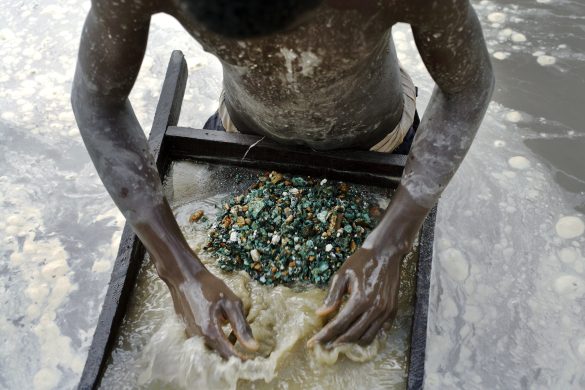The past 25 years have seen more than 400 million people worldwide escape extreme poverty, making this “the most successful quarter-century in the history of the fight against poverty,” World Bank President Paul Wolfowitz said Tuesday in his opening speech at the Annual Meetings in the World Bank and IMF in Singapore. But the international community needs to make greater strides in resolving conflict, preventing disease, and strengthening governance to bring hope to the many millions more, particularly in Africa, who still live in dire conditions.
Wolfowitz said that the challenge is to give the world’s poorest citizens control of their own destinies by removing the barriers to a better life, from “bureaucratic red tape to potholed roads and protected markets.”
“Each country must find its own path, but across cultures and faiths, communities and nations, people will pursue the same dreams: the chance to go to school, the security of a good job, the ability to provide a better future for their children,” Wolfowitz said.
The World Bank President stressed that Africa remains the first of the Bank’s priorities, given the persistent growth in the number of people living in poverty, seeing not only need but also opportunities across the continent. However, he stressed that urgent action is required to end the conflict that has afflicted so many African countries.
“In six years, the number of countries in conflict fell from thirteen to five,” Wolfowitz said. “Sudan is a grim exception to that positive trend. Darfur’s desperate and poor are at risk of violent extinction. The international community must act soon and act decisively to end the violence.”
Similarly, the international community will need to back its promises of greater support for Africa to help the fight against diseases such as HIV/AIDS and malaria. Wolfowitz noted that the World Bank is part of a global coalition against HIV/AIDS that “increased eightfold the number of people with access to therapy, in just two years,” adding that this effort has not reached 80 percent of those who need treatment.
Through its Malaria Booster Program, the Bank also aims to reach more than 125 million people – including 30 million children – with programs to prevent the spread of the disease, such as the distribution of 10 million mosquito nets and 15 million doses of anti-malarial drugs.
Wolfowitz stressed that progress on these and other critical challenges will hinge on the international community making good on its pledges of increased support to Africa.
“One year after the Gleneagles promise, the international community is at risk of falling short on its commitments to increase aid to Africa,” he said. “African countries cannot build on a foundation of hollow promises. If rich countries abandon their commitments to double aid to Africa by 2010, we will have failed to serve the best hope for Africa’s future – its people.”
The Bank’s efforts in a country like Liberia reflect both the institution’s determination to support the people of Africa and its efforts to streamline its procedures to deliver aid effectively and swiftly.
“In Liberia, as one example, we are pushing ourselves to do things faster,”Wolfowitz told delegates. “We’ve provided $67 million in high-impact grants to rebuild roads, ports, and airports, as well as restore water supplies and electricity to the Liberian people.”
The World Bank President emphasized that the Bank is committed to a “course of deeper engagement to strengthen governance and fight corruption” in its own work and in the countries with which it works. He said the Bank needs to “seek out and support champions of reforms in both governments and civil society” to deliver results for poor people.
“Throughout the world, and important in the developing world, there is a growing recognition that the path to prosperity must be built on a solid foundation of good governance,” said Wolfowitz, adding that the Commission for Africareport of 2006 concluded that: “Without governance, all other reforms will have limited impact.”
“For us in the development community, good governance is not an end to itself, but the foundation of the path out of poverty,” Wolfowitz said. “It leads to faster and stronger growth. It ensures every development dollar is used to fight poverty, hunger, and disease.”
For more information, please visit
http://www.worldbank.org








